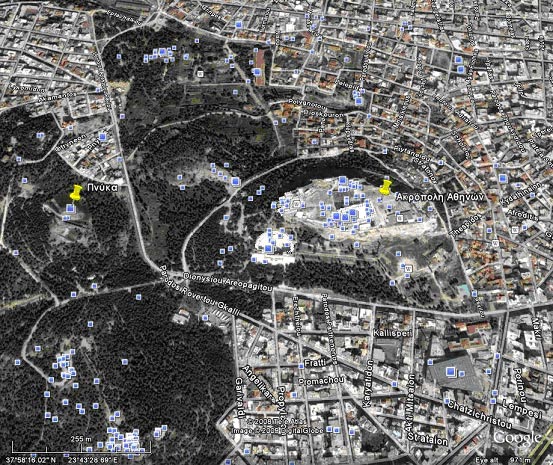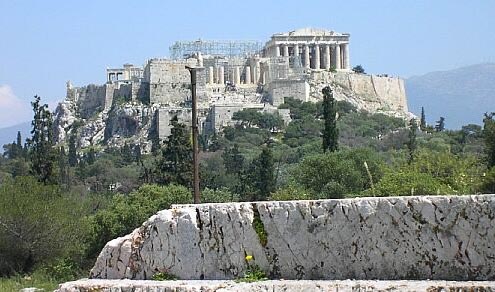About us.
Translated By Gloria Lawrence
Introducing ourselves, just a small group of ordinary citizens today, we are hopefully increasing in number everyday. What brings us together is, on the one hand, our mutual concern of the considerable problems derived from the present practice of political power and on the other, the feeling which forces us to do something more substantial rather than merely detecting the problem.
We are not and do not dream to be yet another of those parties that claim power in the existing political system nor do we intend to violently bring this system down. We try to improve and convert it into a government system where the citizens not only “ have” but would also be able to carry out a reasonable share of power while today this is only carried out by the delegates who have been appointed to act on our behalf and for our own benefit.
Our intention is to communicate the ideas of Digital Direct Democracy – DDD - to as many citizens as possible.
Our belief
We think that we do not need further evidence for the current crisis in the political system’s Representative Democracy, but what we do need is to reveal the real cause of crisis, invalidate it and make every practical and necessary constitutional and legislative modification. Only then can we permanently get out of the crisis.
The prevailing views for the cause of crisis are actually restricted to one and only, which is estimated to be the incorrect selection of leaders chosen by ourselves “the ordinary citizens”. The cause of this incorrect selection of leaders is “the average of per head low level educational and ethical culture of citizens”.
However, we do not accept this as the real cause. We believe the cause of crisis lies in the political system characteristics and that the low per head level of culture - that actually exists - is derived from the same cause; the political system characteristics. We believe that overrun of crisis can only be achieved through excess and more genuine democracy; broadening the existing representative democracies towards the principles of the Ancient Athens Democracy, based on the will of citizens and on the qualifications of digital technology.
For practical reasons, the political system of Democracy worked only in cities - states of ancient Greece as only there it could be attainable due to their small size, where all citizens were gathered in pnyka[1] for exchanging information and decision-making holding referendums. When cities - states disappeared, democracy disappeared as well.
But today, thanks to technology, this possibility exists regardless the size of the State. "Today the whole world is like a village”, in which citizens according to their knowledge can inform and be informed by “visiting” a valid “digital pnyka” of the Internet and in that way they can be able to participate in great decisions taking through the digital referendums.
Through such characteristics the culture of the State- City can be reborn and the principals of Athens Democracy can come again to light, duly tailored to the social, economic and technological data of the 21st century.
We also believe that this expansion is not only necessary but vital as well, because if genuine democratic institutions prevail, new technology will become the vehicle for the rebirth of democracy. Otherwise if oligarchic or pseudo-democratic institutions prevail, it will become the executioner of Democracy; it will become the vehicle of the Big Brothers’ governance.
If the views of ordinary citizens on this matter are of interest to you, then read the following passage under the title of: Proclamation of the Friends of Digital Direct Democracy.
Possibly you may agree with the fact that, even if, just a single digital referendum alone took place in a year it would have been enough to lead us gradually and definitely out of the crisis.
The Association, Friends of Digital Direct Democracy.
[1] Pnyka is a small hill near and opposite of Acropolis of Athens. Pnyka was the open-space parliament of Athenian democracy citizens.

Pnyka and Acropolis from satellite
(Photo Google)

Pnyka facing Acropolis
(Photo Wikipedia)
[1] Pnyka is a small hill near and opposite of Acropolis of Athens. Pnyka was the open-space parliament of Athenian democracy citizens.
|